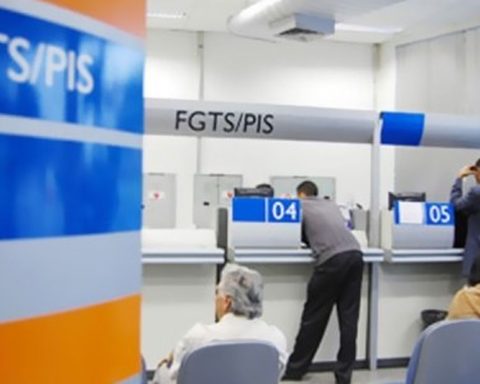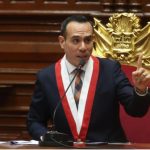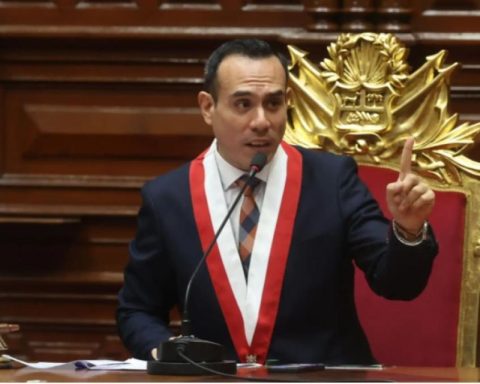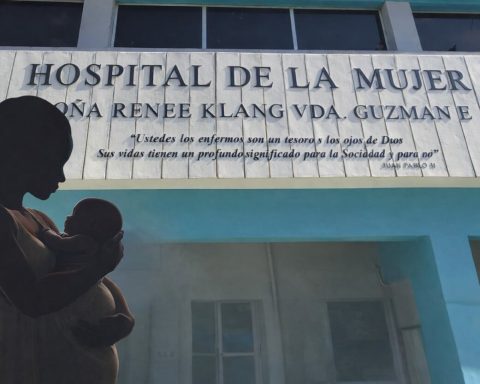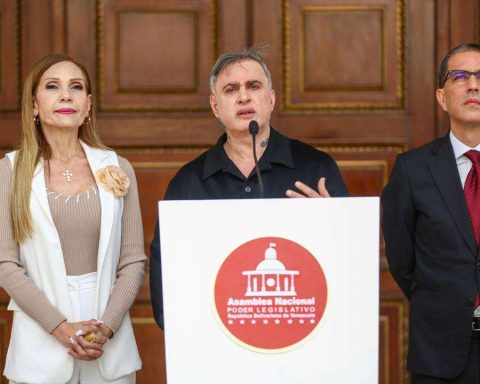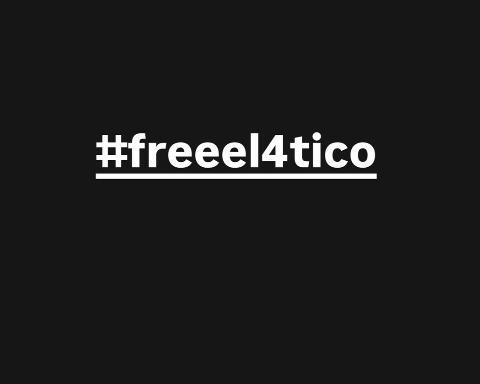Announced by the government as a tool that will stabilize public accounts in the medium term, the new tax framework has as its main anchor the limitation of growth in expenses to be 70% of the change in revenue for the previous 12 months. Although it has been well received by the financial market, the future fiscal framework raises doubts in some economists.
The main question, for specialists interviewed by the Brazil Agencyconcerns the revenue gain necessary for the country to overcome a primary deficit – a negative result in government accounts without interest on the public debt – of 1% of the Gross Domestic Product (GDP) this year to a surplus of 1% of the GDP in 2026. Another point that is in doubt is the ability of the rule to be countercyclical – with higher spending in times of recession and lower spending in times of growth – and cushioning the impacts of economic shocks.
Director of the Independent Fiscal Institution (IFI), a consultative body of the Senate that carries out economic studies, Vilma Pinto expresses uncertainties in relation to the new framework. In a comment published on blog from the magazine Economic Scenariofrom the Brazilian Institute of Economics (Ibre) of the Getulio Vargas Foundation (FGV), she and IFI analyst Alexandre de Andrade stressed that the text of the bill still needs to be known.
The two warned that, as presented by the Minister of Finance, Fernando Haddad, the generation of primary surpluses is conditioned to revenue growth, without seeking to change the current level of spending. “This type of mechanism can encourage the search for more non-recurring revenue [como renegociações de dívidas de contribuintes]which may improve the situation in the short term, but which do not necessarily guarantee a sustainable trajectory for the primary and the debt”, wrote the IFI director and analyst.
Economist and MBA professor at FGV, Carla Beni praises the new fiscal framework and says that analyzes on the dependence of the framework on revenue generation are rushed. “The framework, as a letter of intent, was well prepared. It has a very important characteristic, which is flexibility, because the economy is very dynamic. So, the more flexible, the longer it becomes. And I thought it was audacious, in the sense that it intends to make a very big reduction in our fiscal deficit”, she evaluates.
The professor, however, recognizes that such audacity will require additional actions by the government to stabilize the public debt. The professor cites measures such as reviewing public spending to define what is most efficient; the definition of priorities in the future Pluriannual Plan (PPA), to be sent by the Ministry of Planning in August; and tax reforms that cover dividend and equity taxes, revise tax incentives, and tax new sectors such as sports betting. When presenting the framework, Minister Haddad announced that the government intends to announce, this week, new measures to reinforce the collection by R$ 150 billion, without raising rates or creating taxes.
economic cycles
The alignment of the new framework to economic cycles is also the subject of doubts. Because it is linked to revenue, the limit of 70% growth in federal spending is pro-cyclical, with spending growing when revenue increases and falling when it decreases. It is a system similar to that of the primary surplus, which has been in force since the end of the 1990s. In this model, although the government saves more when the economy grows and saves less when the economy shrinks, spending increases and decreases in the same direction.
Despite the pro-cyclical bias, the rule introduced a mechanism that can be considered counter-cyclical. The 70% limit is only valid within a band in which real expenditures (above inflation) increase by 0.6% per year, in case of low economic growth, and 2.5% per year, in case of significant expansion of the GDP.
To exemplify, when the economy grows 5% in one year, expenses cannot grow 3.5% (equivalent to 70% of 5%), but 2.5% above inflation in the following year. In times of recession, when GDP growth is negative, spending does not contract, continuing to grow at the minimum limit of 0.6% above inflation.
An expert on social inequality, economist and sociologist Marcelo Medeiros, a researcher at the Institute of Applied Economic Research (Ipea) and the University of Brasília (UnB), says that the new framework is not countercyclical in practice. “Ideally, a fiscal rule should have mechanisms for expanding the social safety net if necessary, particularly in the event of a recession. Because what happened, in the last big recession, is that Bolsa Família shrunk, instead of expanding, precisely because it was trapped by a pro-cyclical rule.
Investments
Professor at the Federal University of Rio de Janeiro (UFRJ), economist Eduardo Costa Pinto criticizes the ability of the new fiscal framework to unlock investments, even with the new rules establishing a floor. “What would be the engines to pull the economy in this moment of deceleration, as the GDP has already shown? Or government spending, or public investment? It is evident that the new rule is better than the spending ceiling, it gives a degree of flexibility, but I don’t think we will have a force, a traction, for the rule to allow an increase in spending and public investment to pull the Brazilian economy ” , it says.
For Vilma Pinto and Alexandre de Andrade, from the IFI, the minimum investment limit of around R$ 75 billion, which will be corrected by inflation year after year, will make the Budget even more inflexible, causing the government to have to cut in other areas, including mandatory spending. “Despite the good intention of preserving investments, the rule further increases the degree of budget rigidity of the Union”, wrote the two in the blog from FGV.
Answers
When explaining the new fiscal framework last Thursday (30), the Secretary for Economic Policy at the Ministry of Finance, Guilherme Mello, said that a possible decrease in revenue could postpone the stabilization of the public debt. However, the secretary pointed out, spending will continue to grow less than revenue in almost all scenarios, except in an eventual recession that causes revenue to drop.
“The recurring question you’ll be asking is: ‘What if the revenue doesn’t come in?’ What we have already reiterated is that, regardless of revenue behavior, expenses will grow less than revenue. Obviously, the faster we manage to recover the financing bases, the faster we will achieve the necessary primary results to stabilize the debt [pública]. This is everyone’s objective, and I also understand that it is the objective of the parliamentarians with whom the minister has been talking”, countered Mello.
Regarding the minimum limit of 0.6% of real growth (above inflation) of expenses in times of low economic growth, the secretary of the National Treasury, Rogério Ceron, explained that the percentage was defined based on the average growth rate of population. “With this rate, we can ensure that spending per capita are maintained in times of recession. No one will lose access to basic social programs in times of crisis, as happened recently with Farmácia Popular”, he explained.
When announcing the measures, Minister Haddad reiterated that the percentages of 0.6% and 2.5% of growth are sufficient to give a countercyclical character to the new framework. According to him, the minimum limit of 0.6% aims to prevent, in the event of new recessions, the government having to resort to Congress to change the fiscal rules, as in recent years.
“If there is a pullback at the bottom of the cycle [recessão]we decided to incorporate what was an exception within the spending ceiling to the new rule, to bring the exceptions, except those set by the Constitution [como estados de calamidade pública]into the rule what is a kind of vegetative growth due to what has happened since the enactment of the spending ceiling”, he said.
*Collaborated by Pedro Lacerda


